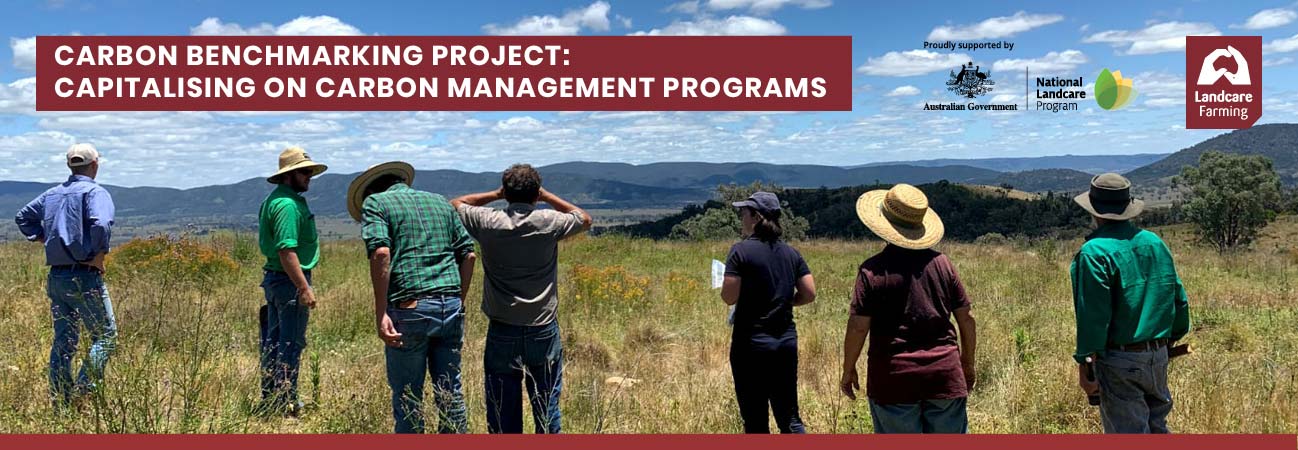
Going underground to learn more about carbon
By getting to know what is going on beneath their feet farmers in northern NSW are now better prepared to capitalise on carbon or biodiversity management programs.
The Landcare Farming Program Benchmarking Soils Project evolved out of carbon accounting workshops developed to help landholders establish benchmarks for their soil carbon levels and greenhouse gas emissions.
Nine of the original participants progressed to one-on-one sessions to delve deeper into their carbon status, which involved establishing just where their soil carbon levels were at. The group will then explored avenues to improve carbon sequestration – mainly through groundcover and pasture management – while increasing productivity.
Project participant John Stokes, who runs self-replacing Dorper prime lamb enterprise 25 kilometres north Tamworth with his wife Samantha, said he joined the program because improving soil health has multiple benefits to his business.
“Firstly, there is the opportunity to increase production through better soil fertility and pasture production,” he said.
“Improving soil carbon could offer us the chance to align with external income streams through ecological monitoring and soil biology consulting.
“And then there is also the chance to value add to our red meat products (through sustainability accreditation and labelling in the supply chain).”
John said Landcare was the ideal vehicle to upskill landholders on carbon management and, at the same time, communicate with science the “on the ground” needs.
“I think farmers are wanting to do as much as they can in this space, but we are waiting on government and science to provide us with meaningful tests and measures we can use,” he said.
For fellow participant Wayne Chaffey, who is also from the Bubbogullion 100 Landcare group, the project offered a chance to build his understanding about maintaining environmental health and productivity.
“If there is a chance to maximise carbon sequestration on our land, to help the planet, I want to be able to do it,” he said.
“I’m open to thinking holistically and building long-term sustainability rather than quick fixes which ultimately degrade the production potential of the environment.”
The project was delivered in partnership with FarmLab, CSIRO, Soil Future Consulting and Optisoil
The group also explored opportunities for enhancing existing remnant bushland and restoring areas of farmland to participate in biodiversity building programs while benefiting from the gains from improved biodiversity on their own properties.
Wayne Chaffey said his focus is on plant growth, particularly maintaining good quality groundcover and growing plants which feed the soil biota.
“We are increasingly viewing our role (in land management) in a more holistic context. We now value high density, short grazing periods which provide adequate recovery of pastures to ensure biodiversity is not compromised,” he said.
Read more about the Landcare Farming Carbon Benchmarking Project



